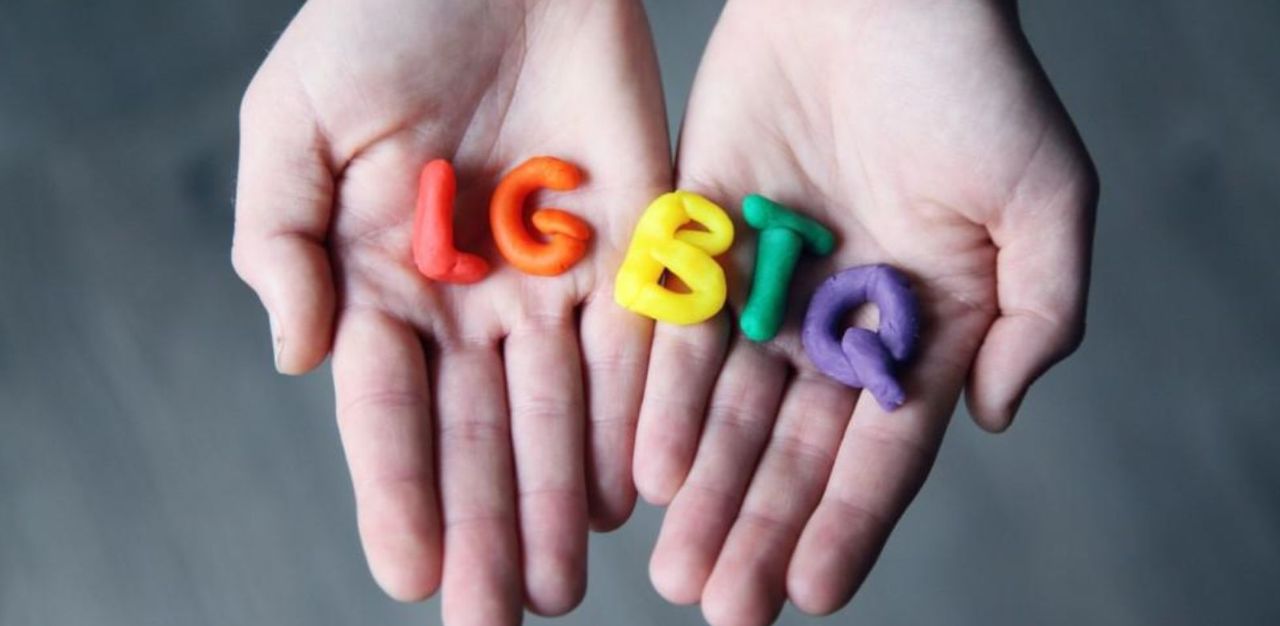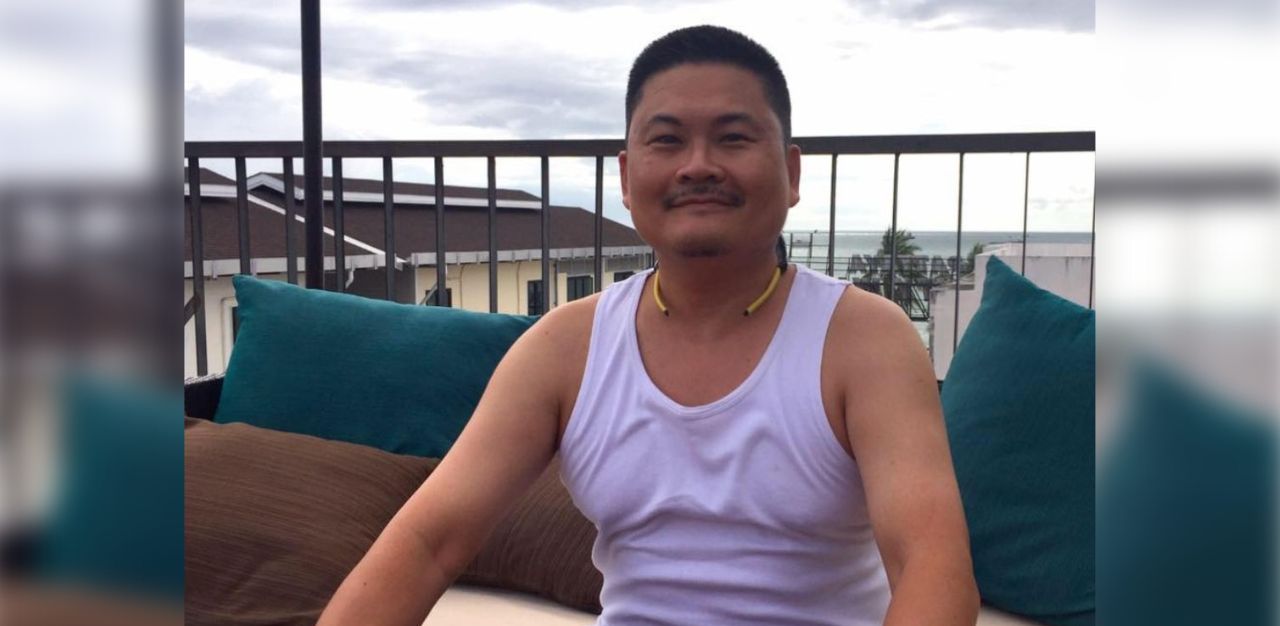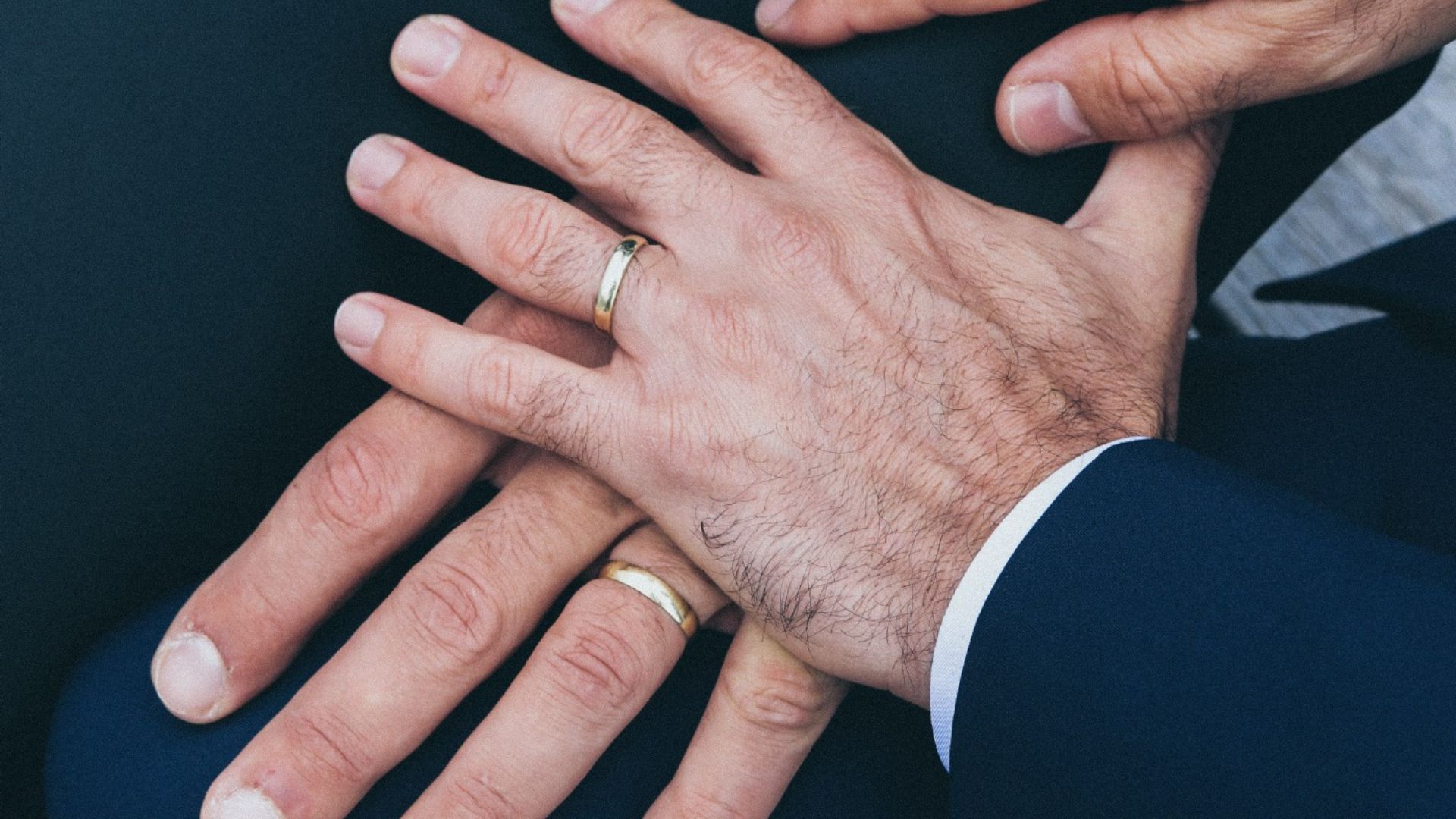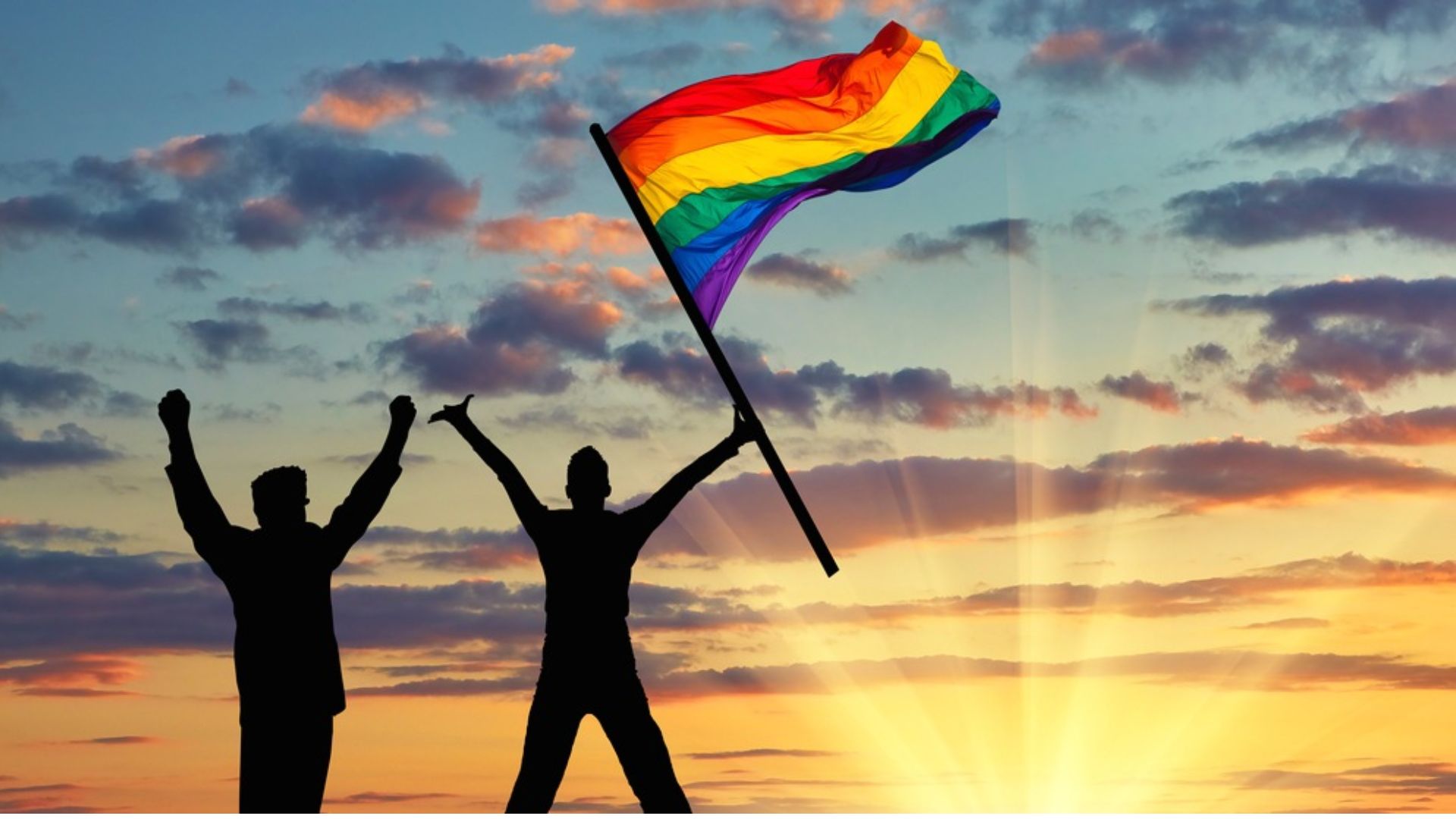In a Youth Survey carried out in 2021 by news platform TODAY polling 1,066 respondents between the ages of 18 and 35, 75 percent of Singapore youth were willing to form close friendships with friends or colleagues who are in a same-sex relationship.
The survey also found while 4 in 5 were willing to work alongside LGBTQ people beyond a social setting, only 3 in 5 were willing to accept LGBTQ family members.
Having familial acceptance goes a long way for the LGBTQ+ in terms of their health and wellness.
It was only a year earlier that The Trevor Project’s National Survey on LGBTQ Youth Mental Health 2020 showed that slightly under 7 in 10 (70 per cent) of the 40,000 LGBTQ youth respondents experienced symptoms of generalised anxiety disorder. The survey exposed that over half experienced major depressive disorder, and almost 1 in 2 (48 per cent) reported engaging in self-harm in the past 12 months.

Higher risk of harm
Dr Caitlin Ryan, the director of the Family Acceptance Project at San Francisco State University, has conducted studies that prove that a family’s acceptance or rejection behaviours toward a young person’s LGBTQ status significantly impact his or her health and well-being.
Dr Ryan’s research revealed that young people with high levels of family rejection were eight times more likely to report having attempted suicide and nearly six times more likely to report high levels of depression.
The Trevor Project’s 2020 survey findings concurred with these findings.
It revealed that about 3 in 10 of LGBTQ youth reported they had been physically threatened or harmed in their lifetime due to their LGBTQ identity.
Those who faced discrimination or physical harm due to their sexual orientation or gender identity were also more likely to attempt suicide.
In comparison, 13 per cent of youth who has high levels of support from family, friends, or a special person reported attempting suicide in the past year compared to 22 per cent of those with lower levels of support.
The closest Singapore has come to such studies on our shores has been in the form of social worker and Social Service Scholar Abel Peh’s quantitative cross-sectional study Minority Stress, Community Connectedness and Mental Health: A Study of Lesbian, Gay and Bisexual Young Adults (LGB) in Singapore.
The study, involving 489 participants, was carried out in 2021.
Mr Peh, 26, says: “The findings of the study suggest that among lesbian, gay and bisexual (LGB) adults in Singapore, the experience of higher levels of minority stress, namely, micro-aggression, internalised homophobia and rejection anticipation, is significantly associated with poorer mental health outcomes. It also highlighted the potential protective effects of LGB community connectedness in buffering distress brought about by micro-aggression.”
“Overall, study findings reflect the importance for practitioners to assess minority stress among LGB clients and consequently render interventions necessary to counter these stressors,” he adds.
A 2018 study, which was by the Institute of Policy Studies, found that 11.4 per cent of respondents felt sexual relations between two same-sex adults were not wrong at all.
This was more than double the figure of 2013.
In 2013, nearly half of Singaporeans aged 18 to 25 felt that gay sex was always wrong. But that changed in just five years when that figure was almost halved.
In comparison, IPS, in 2018, found that in 2018 3 in 5 Singaporeans above 65 (64.9 per cent) felt gay sex was always wrong, indicating that the positive shift in attitudes towards LGBTQ communities was more pronounced among younger Singaporeans than older respondents.
Disapproval and embarrassment

When LGBTQ+ rights activist and former science teacher from the Raffles Institution Otto Fong came out to his family in his teens, he was met with disapproval and embarrassment.
“I came out to (my parents) when I was 17 and they went into the closet with me till I was 39,” he says.
“For my ‘Second Coming Out’, they found out from their friends who read the newspapers. Just as I was doing well as a teacher in Raffles Institution (RI) for eight years, I came out and they felt it would jeopardise my career,” he adds.
“When I first came out to my parents, I did so because I did not want a lie to push us apart. But the systematic reinforcement of negative gay stereotypes widened the gap between me and my parents. I think my second coming out started the healing,” he says.
It was in September 2007 that the public learnt when he published a 2000-word open letter on his blog where he called for greater acceptance of gay people by society, citing fellow RI alumnus, then Minister Mentor Lee Kuan Yew’s remarks questioning Singapore’s anti-gay sex laws and PAP MP Baey Yam Keng’s public statement supporting the repeal of Section 377A as his reasons for coming out in his blog meant to be read only by his RI colleagues. He was then 38.
Mr Fong’s coming out to the public created a huge stir and elicited reports in the press. Over 120 messages were posted on his blog by present and former students, praising him for his courage in taking a stand and being an inspiring educator.
However, under the pressure from the Education Ministry, the entire post including comments was deleted two days later and replaced.
Mr Fong later resigned from his position at RI to pursue his passion as a comic book artist full-time.
Fong’s journey was in stark contrast to that of food critic Yeoh Wee Teck, who is in his 50s.
When Mr Yeoh and his partner Terence came out as gay several years ago, Wee Teck’s “old and traditional” parents were surprisingly accepting.
“My mother’s comment was to make sure that I had someone to look after me when I was old. My partner’s mother and aunt are also close and accepting and that made the coming out easier,” he tells TheHomeGround Asia.
Pastor Miak Siew of Free Community Church, which largely affirms the LGBTQ community, shared that while there are heart-warming stories of families embracing their LGBTQ children when they come out, many LGBTQ individuals and families experience a lot of anxiety and shame.
“Very often, parents of LGBTQ+ persons feel that there is something wrong, or that they have done something wrong for their children to turn out LGBTQ+,” he says.
Threatened by sexuality
Pastor Miak, who is himself gay, came out to his mother “in 1998 or 1999” via a letter when he was on an exchange programme in Finland.
He adds, “She was affected by it – and (that was when) I have come to realise that many parents blame themselves for their children being LGBT. They will think that they have failed in some way or another. I think in many cases they will try to be stricter with their LGBT children in order to correct or compensate for their perceived failure as parents.”
Pastor Miak is aware of family members with young children who start avoiding LGBTQ+ persons, because they think that LGBTQ+ persons would “influence” the children negatively.
“I have a close friend who told his son in my presence – ‘Do not turn out like Uncle Miak’. It hurt but I also told my friend, ‘If your child turns out to be LGBTQ, then you are only pushing your child away’,” he says.
For a few years after Pastor Miak’s revelation, his mother opted not to talk about “the condition”, but she did a lot of research on her own too.
He says, “Then I think it came to a point where she accepted it. I remember she came to me one day to borrow my DVD of Lee Ang’s Wedding Banquet to watch with my dad. I think that’s when she told my dad.”
For the past decades Pastor Miak’s parents have supported his sexuality and work.
‘’When I graduated from seminary, they flew over for my graduation with two of my friends, and we went on a road trip together,’’ he adds.
Family is family

Transgender activist Rain Khoo, who is married and has two daughters aged 10 and 12, says that societal ostracism of LGBTQ individuals continues to tear families apart, driving talents to other countries where they can fully live their lives.
“At transgendersg.com, we enable access to resources so that transgender individuals can live fuller lives in Singapore…. While I transitioned seven years ago, I could not come out fully as a trans man till now. This is because my spouse and I have 2 special girls of our own, now 10 and 12,” he says.
“We could not risk having our marriage annulled and thus lose our housing in accordance with prevailing public policies. Our children were also too young to fend for themselves back then. We are coming out, if only a little, because as our younger girl pithily puts it, ‘Family is family because they are family’. Our older simply states, ‘Family is always there for you’,” he adds.
“Families are held by love. Every family should have equal access to legal structures, public policies and provisions.”
RELATED: Breaking Stereotypes for the LGBTQ+ Community in Singapore Media
Join the conversations on TheHomeGround Asia’s Facebook and Instagram, and get the latest updates via Telegram.




























